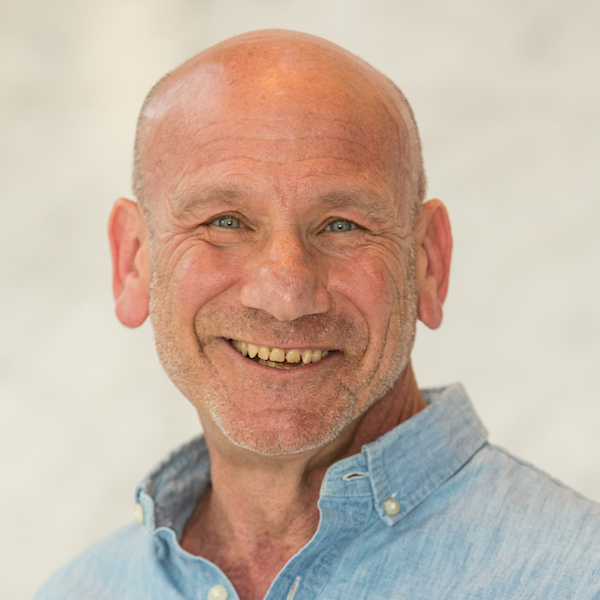I guess I shouldn’t be surprised that one of the great pleasures of my life – reading the New York Times – is also bad for my health.
After all, lamb chops are luscious, but it turns out that red meat, not to mention a perfect side of salty fries, can kill you. Just because you enjoy something doesn’t mean that it’s good for you.
But being informed about what’s going on in the world is supposed to be a virtue, the civic equivalent of exercise. You have to find the time for it, and it’s not exactly fun to work your muscles to failure and your heart to 80 percent of 220 minus your age. Still, you’re glad you did it, and it actually makes you feel better.
Keeping up with the news should be like that. An informed citizen ought to get a nice buzz from following what’s happening. It’s part of patriotism. Loving your country requires knowing your country, and knowing about the world it’s part of.
But boy can it be depressing. Infuriating, too. Here are some of my Times spit-takes from just the last couple of weeks:
· Nearly 6 million Americans below the poverty line in 25 states “>wrote the bill the committee passed exempting Wall Street from what’s left of the Dodd-Frank financial overhaul.
· “>troops committed suicide over the past 12 years than were killed in Afghanistan.
In Sunday’s Times, ” target=”_blank”>Anxiety,” which the Times has been running since the start of last year. I don’t know why they confine that label there; they might as well put the whole paper under that masthead.
I got hooked on the Times habit when Mr. Drew, my English and social studies teacher at Burnet Junior High School, told us we could subscribe for something like a nickel a day, and yes, its content would be on our current events quizzes. We were required to know stuff like what cabinet positions Anthony Celebrezze and Willard Wirtz held, and the Times was a good way to keep track of that.
Today, of course, the best journalism in the world, from plenty of sources, is available online, often for no cents a day, and we can access it in video and audio as well, and from anywhere at any time. I realize how much dangerous propaganda and addictive infojunk is also out there; I recognize the risks of confirmation bias, living in the bubble, inhabiting an echo chamber; I know that prestige outlets can sometimes be inaccurate, elitist, partisan, obtuse and hamstrung by archaic professional practices. But informed citizens aren’t puppets; they’re critical thinkers. Civic literacy is not inherently impossible.
But it can cause such outrage, panic, helplessness, bewilderment – there really should be a consumer warning on the news.
What a downer for democracy. You do your best to keep up, and what you get in return for your effort is something that the American Psychiatric Association ought to have put in the fifth edition of the Diagnostic and Statistical Manual. Informed Citizen Disorder: the damage you do to your mood and your blood pressure by watching Bill Moyers or Jon Stewart, listening to Kevin Phillips or Bruce Bartlett, reading the Guardian or the New York Times.
Every so often, I detox from the news. I find that a week of media-free hiking in the high desert provides a pretty decent cleanse. But that doesn’t help with the rest of the year. Even if my work didn’t require me to drink from the information firehose, I can’t quit. Ever since Mr. Drew, it’s been drilled into my conscience that it’s my responsibility as an American – as a voter – to know what’s going on.
Of course no one has to pass a current events quiz in order to qualify for a ballot. If I suffered from Dumb Voter Disability instead of Informed Citizen Disorder, I’d still get to pick the president. Which, come to think of it, is just one more reason to panic.
Marty Kaplan is the “>USC Annenberg School for Communication and Journalism. Reach him at
Did you enjoy this article?
You'll love our roundtable.
Editor's Picks



What Ever Happened to the LA Times?

Who Are the Jews On Joe Biden’s Cabinet?


No Labels: The Group Fighting for the Political Center
Latest Articles
Shabbat HaGadol – Redeeming Dibbur – Voice and Speech of God

Ha Lachma Anya

Passover 2024: The Four Difficulties

Israel Strikes Deep Inside Iran

NSFW – A Poem for Parsha Metzora












 More news and opinions than at a Shabbat dinner, right in your inbox.
More news and opinions than at a Shabbat dinner, right in your inbox.